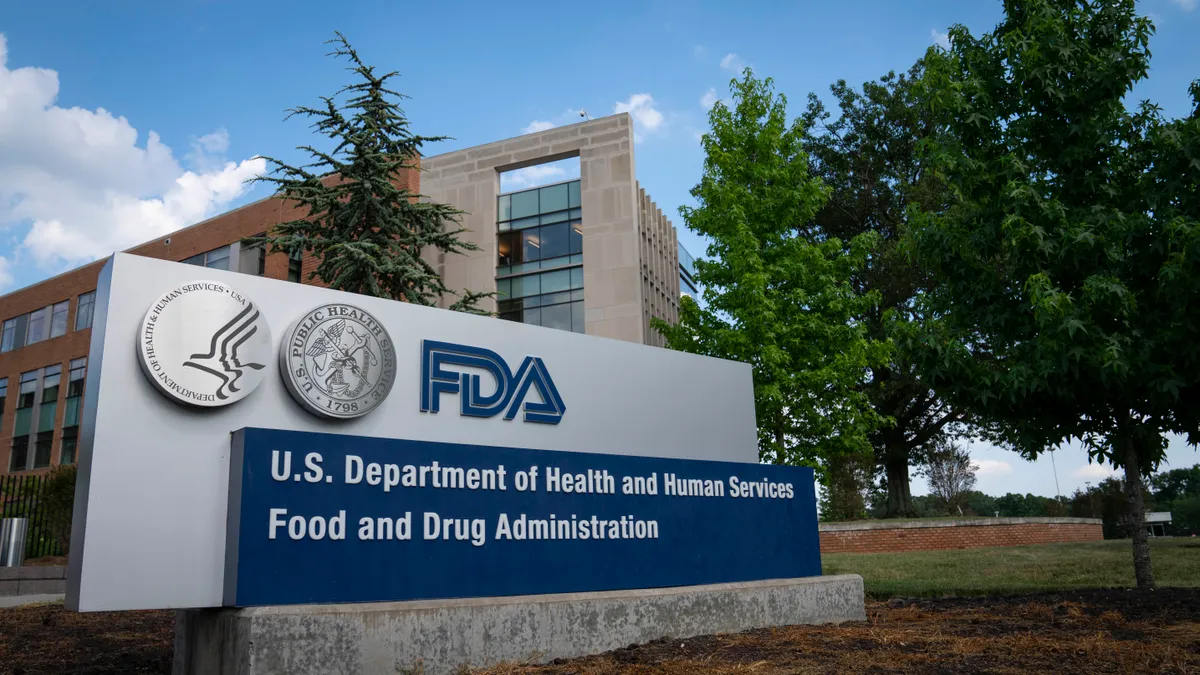Dive Brief:
- Surmodics, which is partnering with Abbott to develop a drug-coated balloon treatment for peripheral arterial disease, said it has received formal feedback from the Food and Drug Administration on its plan to submit an amended premarket approval application for the device.
- Last month, Surmodics said it would lay off 13% of its workforce, or about 60 employees, due to a delayed regulatory approval process for the SurVeil balloon. The extended timeline for the device to reach the market also holds up a $24 million milestone payment from Abbott that depends on the balloon gaining FDA approval.
- Based on the feedback, the company expects to submit the amended PMA to the agency in its third fiscal quarter with a target of receiving approval in the fourth quarter, CEO Gary Maharaj said in a statement.
Dive Insight:
Lengthy FDA approval processes are proving costly for medtech companies. Last month, Lucira Health, the developer of an over-the-counter test to detect both influenza and COVID-19, filed for bankruptcy protection, just days before the FDA authorized the test.
Surmodics’ new feedback from the FDA, which Maharaj characterized as a positive step, comes after the company turned to spending cuts including the layoffs to preserve cash as it continues to work with the agency on a path forward for its balloon device.
“We are delighted with our progress towards achieving a PMA for the SurVeil DCB,” Maharaj said. “The feedback from the FDA provides the necessary clarity on the process and content required to successfully amend our PMA application.”
The company does not anticipate the need for additional biocompatibility studies, which will significantly reduce the time and cost to amend the PMA application, he said.
In oral and written feedback, the FDA requested additional clarification on already-completed biocompatibility studies and revisions to the company’s proposed labeling, Eden Prairie, Minn.-based Surmodics said.
The company hopes to challenge Medtronic’s IN.PACT Admiral balloon with a device that is coated with a lower dose of paclitaxel, a drug used to stop cell growth that has raised safety concerns.












